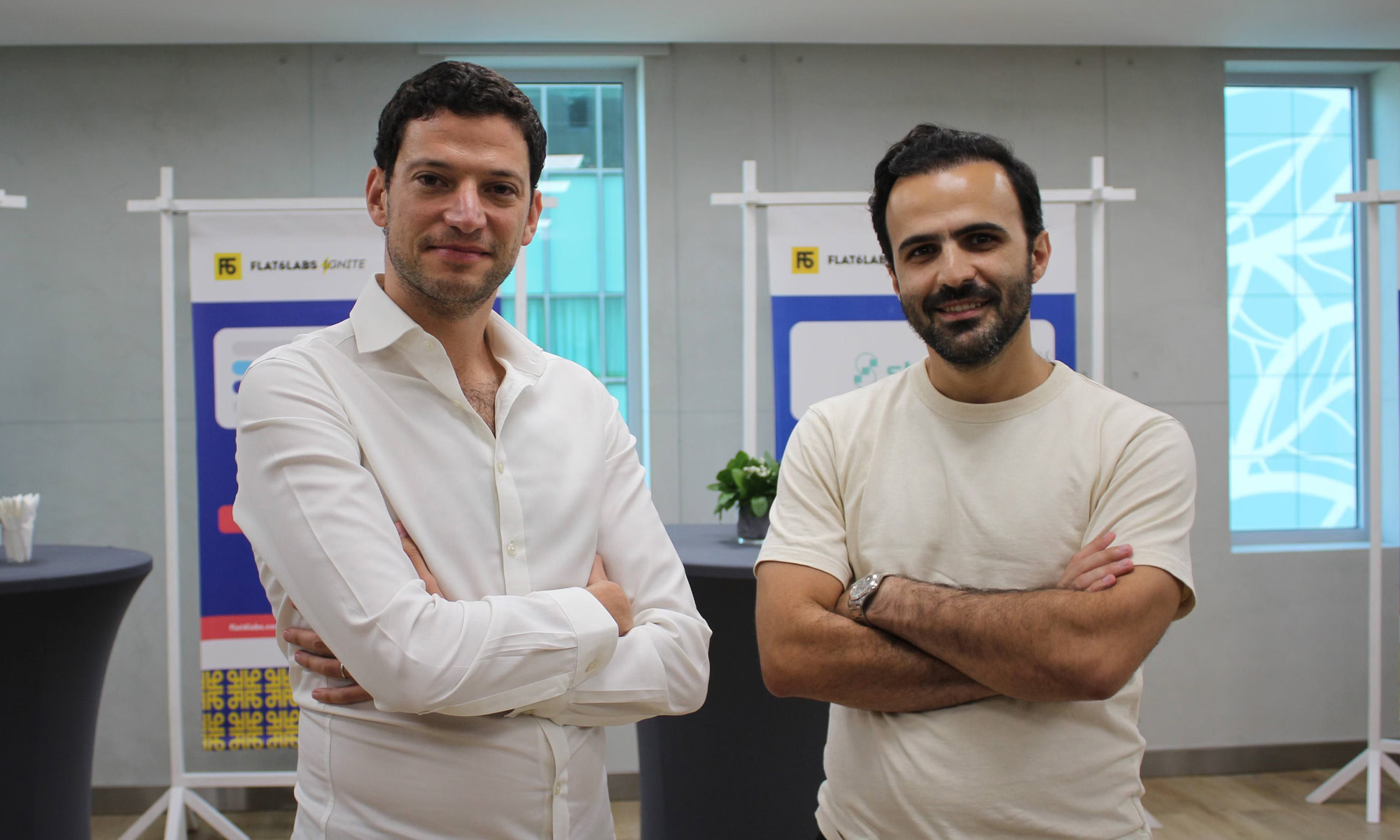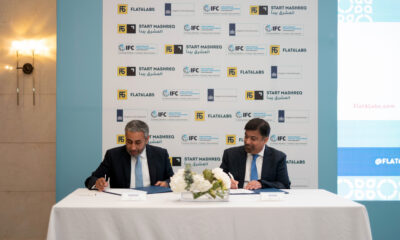News
Revibe Has Raised $2.3 Million For Planned MENA Expansion
The Dubai-based online marketplace for refurbished electronics plans to expand across the region while contributing to the circular economy.

Dubai-based startup Revibe has raised $2.3 million in a seed funding round that will allow it to expand its product portfolio across the MENA region, while enhancing the refurbished electronics platform’s contribution to the circular economy.
The investment was led by Egypt’s Flat6Labs and French-based venture capital fund Resonance, plus several other angel investors. Revibe, which primarily sells refurbished smartphones, laptops, and tablets, will now be able to scale its supply chain and diversify its portfolio to include other categories of electronics later this year.
The company was able to grow 500% within seven months across the Gulf countries, with a particular focus on the UAE and Saudi Arabia.
“Our success has come from always meeting our pledge to customers. But we are expanding all the time, and our goal is to gradually introduce all categories of electronics,” explained Hamza Iraqui, co-founder of Revibe.
Revibe’s strategy aligns with the concept of the circular economy — an economic system that focuses on reducing the use of new natural resources and minimizing waste.
Also Read: Dubai-Based Startup Alfii Raises $2.5 Million In Seed Funding
“Refurbished electronics represents a massive opportunity, especially in this time of economic challenges and growing climate awareness, where consumers are more mindful of their carbon impact while facing decreased purchasing power,” noted Maxime Le Dantec, partner and co-founder at Resonance.
Revibe was founded in 2022 and uses a business-to-consumer selling model that offers refurbished electronics at 30-70% less than brand-new items. The company’s team of engineers makes a 50-point check on all products listed on the marketplace and uses artificial intelligence to monitor quality and meet its strict selling standards.
News
Influencer Growth Fuels Saudi Creator Economy Surge
The Kingdom’s creator economy grew over 32% in Q1 2025, fueled by TikTok, UGC, and cost-per-action (CPA) influencer models.

Saudi Arabia’s creator economy saw a significant 32.37% growth in the first quarter of 2025, driven by an uptick in influencer marketing, content-driven e-commerce, and the increasing influence of user-generated content (UGC). These insights come from a recent study by Admitad and the Stllr Network.
Much of this momentum is coming from video-based platforms, where brands are leaning on creators who feel more relatable than polished ad campaigns. The trend shows a clear preference for authenticity, as audiences gravitate toward content that feels real and personal.
Mohannad Alzahrani, Co-founder and VP KSA of Stllr Network, highlighted the shift: “The rise of user-generated content (UGC) is changing the way brands engage with consumers. Audiences trust real creators more than traditional advertising, making UGC a key driver of authenticity and sales”.
TikTok remains the dominant platform in this space, reportedly reaching 88% of the Saudi population. It also showed the sharpest rise in influencer-led transactions. Other platforms followed with solid, if less dramatic, growth: X was up 17%, Instagram increased by 12%, and Telegram by 10%.
In terms of content niches, beauty led the pack with a 56% growth rate, followed by lifestyle at 45.8% and fashion at 18.2%. Tech content also showed healthy traction at 10.6%, while entertainment, food, fitness, parenting, and gaming posted smaller — but still positive — gains.
Also Read: Top E-Commerce Websites In The Middle East In 2025
The report analyzed more than 300,000 influencer-driven purchases. These efforts translated into a 15% year-on-year jump in Gross Merchandise Value (GMV) and a 5% increase in the number of orders in 2024. Influencers themselves are seeing the benefit, with average order values hitting $54 and creator earnings rising by 14%.
A noticeable trend is the move away from fixed-rate deals. More influencers in Saudi Arabia are embracing hybrid compensation models — especially cost-per-action (CPA) setups that tie their earnings directly to performance.
As Anna Gidirim, CEO of Admitad, explains, “The CPA model brings much-needed transparency to influencer marketing. Brands only pay for actual results, and influencers benefit by securing long-term partnerships while offering their audiences exclusive promo codes and special discounts”.
However, the ecosystem still shows a gender imbalance. The data indicates that 63% of creators in Saudi Arabia are men, while women account for just 37%.























